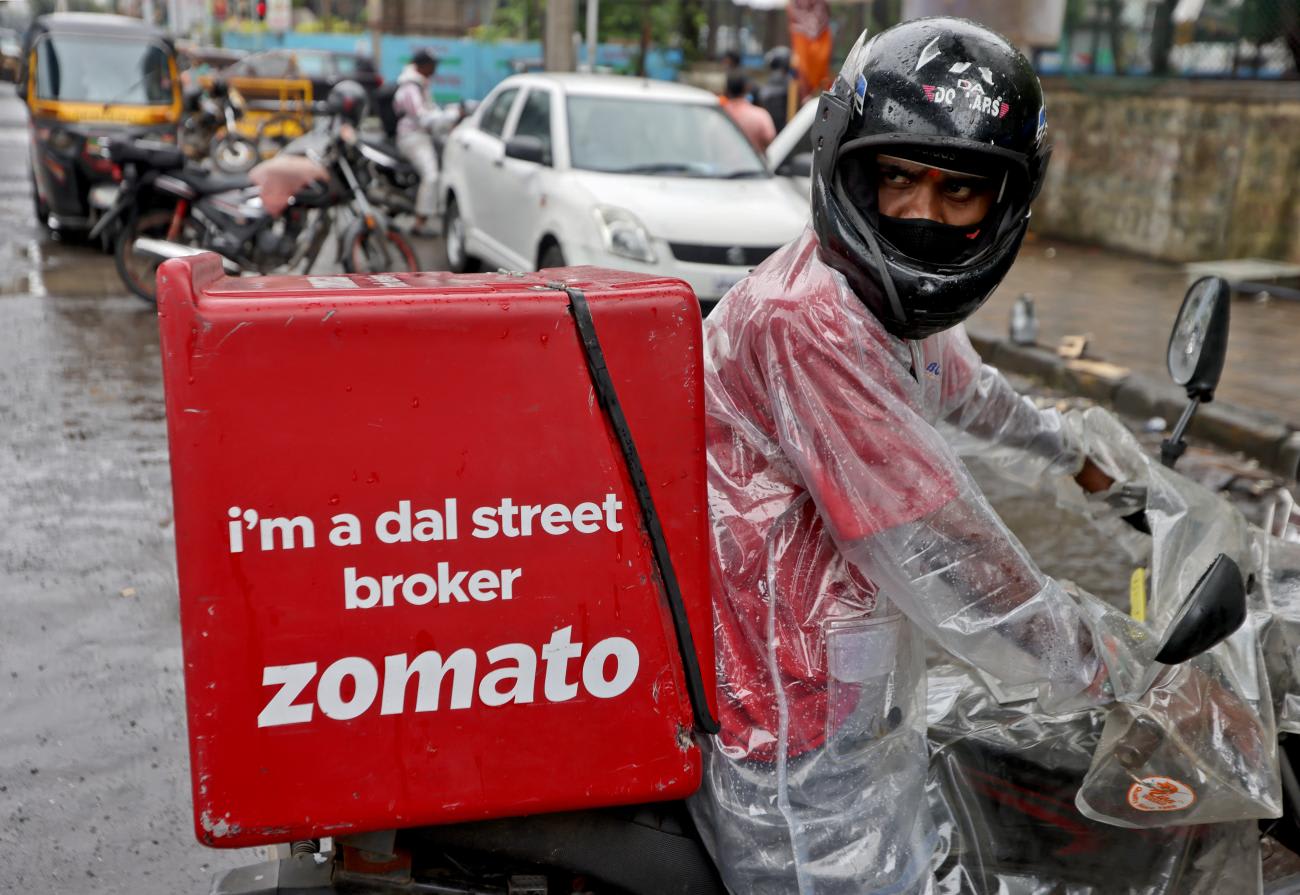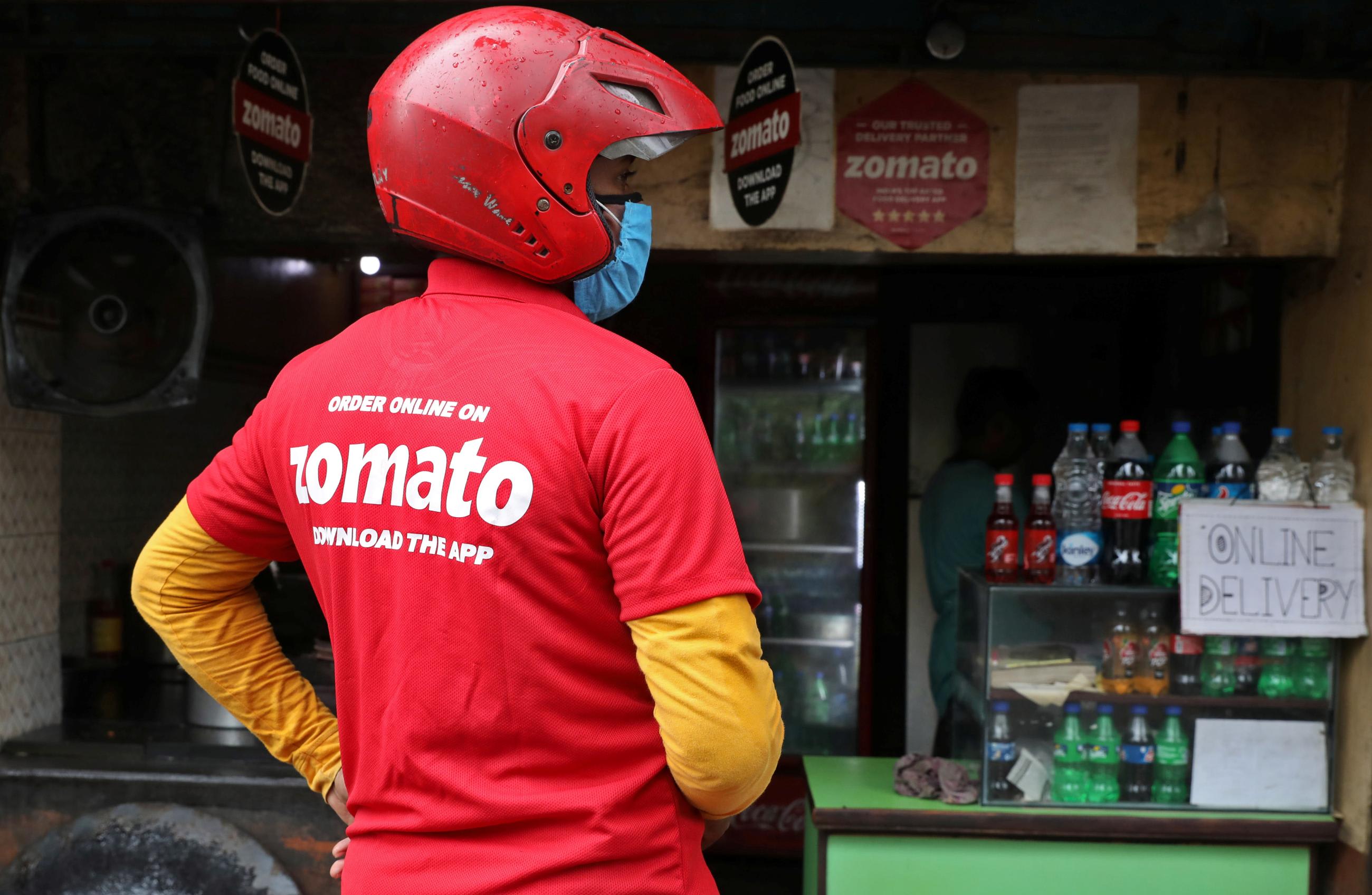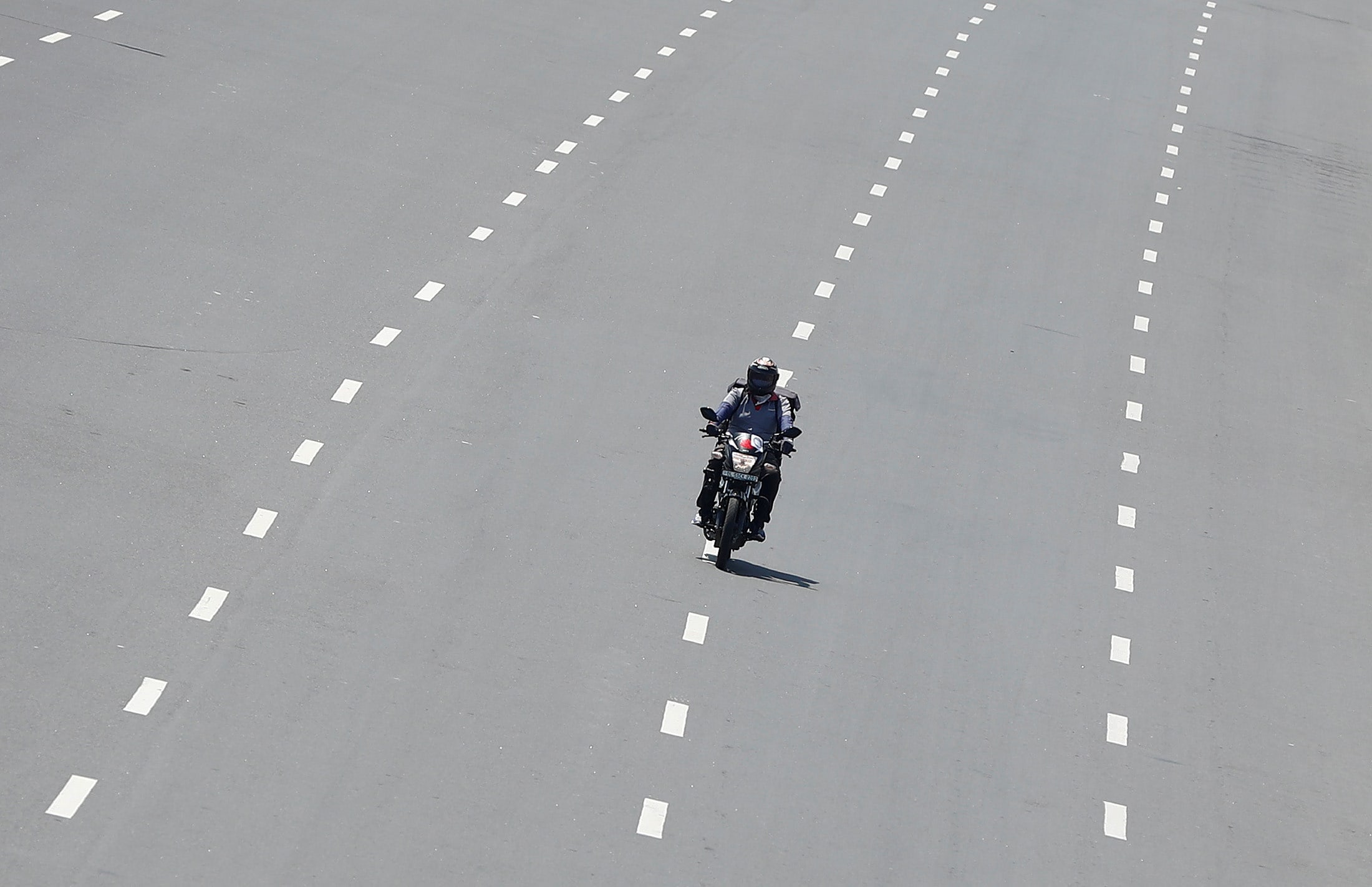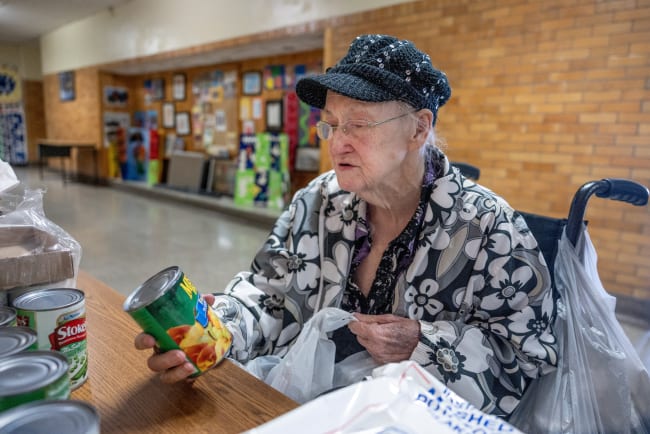On January 10, 2023, 23-year-old Mohammad Rizwan was critically injured while delivering a food order to a upper-middle class neighborhood in Hyderabad, the capital of India's southern state of Telangana.
He arrived at the delivery location around 10 p.m., and the entrance was wide open. A dog in the home lunged at him, causing him to fall from the third-floor balcony.
Rizwan's brother, Mohammad Khaja, wasn't informed of the incident until 2 a.m.
"The customer took Rizwan to a big hospital and left him there," Khaja said.
Khaja had to borrow money to pay for Rizwan's treatment, delaying the physician's care until 4 a.m. Three days later, Rizwan was dead.
"We are working-class people. If we don't earn, we can't pay rent or put food on our plate"
Mohammad Khaja
Both brothers worked for local, online food-delivery platforms. Khaja was registered with Swiggy and Rizwan alternated between Swiggy and Zomato. Platform workers are typically hired on contract or as temporary workers. According to the International Labour Organization, this is a common practice among platform workers in developing countries so they can get enough gigs and earn sufficient income.
The Company's Response
Leading up to the accident, Khaja was sick, and Rizwan delivered the food under Khaja's name. On the day of Rizwan's accident, Khaja had been ill with a fever, so his brother decided to step in and fulfill his order.
"We are working-class people," Khaja claimed. "If we don't earn, we can't pay rent or put food on our plate."
Since Rizwan's death, no representative from Swiggy has reached out to Khaja, nor has the company responded to his calls, he said.
"On the day of the incident, Rizwan was not actively working for Swiggy. It was his brother who was supposed to deliver the order," noted Varsha Viswanath, senior account executive at Edelman, the public relations firm representing Swiggy.
She said the company is investigating whether Rizwan was even registered as a delivery partner for Swiggy.
"If Rizwan was working on his brother's ID, what was Swiggy doing all this time?" Shaik Salauddin, founder of the Telangana Gig Workers and Platform Workers Union, said. "Are the company's management and IT systems so poor that they couldn't recognize him? The company should be verifying people who work for them. If they didn't pay attention, that's their fault."

Globally, taxi and delivery platforms grew almost tenfold between 2010 and 2020. A vast majority of these are concentrated in the United States, India and the United Kingdom. India's gig workforce was estimated at 7.7 million in 2020, and is expected to expand to 23.5 million by 2029. Gig work contributes over one billion dollars annually to the Indian economy.
Rizwan's violent death has focused the spotlight back on the precarious working conditions of platform workers, who comprise a significant portion of the gig workforce.
Shortly before Rizwan's death, another Swiggy delivery boy was assaulted in Hyderabad during an argument over a parking issue. Throughout 2022, the Indian media reported incidents of road accidents, assaults, and discrimination over religious and caste identities of delivery boys and other platform workers. These incidents often led to their deaths or caused physical injuries, mental agony and loss of earnings.
Referred to as "partners" or "independent contractors" by their companies, platform workers remain outside the traditional employer-employee relationship and are rarely provided with protection against the risks they regularly face.
"Platform companies take third-party insurance. Most of the time, the workers and their families are not aware about these benefits"
Shaik Salauddin
Swiggy provides emergency assistance, health and accident insurance benefits, and loss of pay support to its delivery partners and Zomato conducts road-safety awareness and offers health and accident insurance for its delivery partners. However, more often than not, these benefits don't reach the platform workers.
"Platform companies take third-party insurance," says Salauddin. "Most of the time, the workers and their families are not aware about these benefits and do not understand the claims process."
Aditi Surie, senior consultant with the Indian Institute for Human Settlements, points out that "in a sector where workers are not collectivized, making claims becomes difficult."
The workers often find the process challenging due to a lack of literacy and the paperwork not being in place. In some cases, platforms companies have erased the workers' work history so they are unable to make any claims.
Many partners seek help from the unions to claim insurance benefits. "We do the best we can but our reach is limited to the workers in our network," says Salauddin.
The Government's Role
"People at the top should understand that our society is now shifting towards gig work," says Anjana Karumathil, associate professor at the Indian Institute of Management Kozhikode. "We need to address the inequality between salaried and gig workers."
In 2020, the Indian parliament passed new laws guaranteeing social security and occupational health and safety of gig workers. However, they are yet to be implemented.
In 2021, the Indian Federation of App-based Transport Workers, another trade union representing platform workers, approached the Supreme Court of India to direct the government and companies to recognize platform workers as "employees" and provide social security benefits as guaranteed under the new laws.
Recently, the government of Rajasthan, a state in northern India, announced its own law and allocated 2 billion rupees ($2.4 million) for the welfare of gig workers in the state.
Neglecting the gig worker population and barring them from accessing benefits that other workers get sets them up for failure and marginalization.
"In the long run, this will only worsen unemployment and burden the health-care system." Karumathil says.













